Kernel Roaster
Price 114000 INR/ Unit
Kernel Roaster Specification
- Capacity
- 5-500 Kg/hr
- Automatic
- Yes
- Voltage
- 230/440 Volt (v)
- Feature
- ECO Friendly, Low Noice, Lower Energy Consumption, Compact Structure, High Efficiency
Kernel Roaster Trade Information
- Minimum Order Quantity
- 1 Unit
- Payment Terms
- Cash Against Delivery (CAD), Cash Advance (CA), Cash in Advance (CID), Cheque, Western Union
- Main Export Market(s)
- Asia, Australia, Central America, North America, South America, Eastern Europe, Western Europe, Middle East, Africa
- Main Domestic Market
- All India, South India, Central India, West India, North India, East India, Gujarat, Karnataka, Kerala, Lakshadweep, Mizoram, Meghalaya, Manipur, Andhra Pradesh, Bihar, Chandigarh, Daman and Diu, Goa, Jharkhand, Odisha, Punjab, Assam, Delhi, Dadra and Nagar Haveli, Andaman and Nicobar Islands, Arunachal Pradesh, Chhattisgarh, Haryana, Himachal Pradesh, Jammu and Kashmir, Madhya Pradesh, Maharashtra, Nagaland, Rajasthan, Sikkim, Tamil Nadu, Telangana, Tripura, Pondicherry, Uttar Pradesh, Uttarakhand, West Bengal
- Certifications
- ISO
About Kernel Roaster
Here are some key aspects of Kernal roasters:
Capacity: Kernal roasters are designed to handle large volumes of raw material, often in the range of hundreds to thousands of pounds per batch, depending on the specific machine.
Heating Method: They can use different heating methods, such as direct-fired (where the flame directly heats the material), indirect-fired (where the heat is transferred through a metal surface), or electric heating elements.
Control Systems: Modern roasters are equipped with sophisticated control systems that allow for precise temperature and time management, ensuring uniform roasting and consistency.
Cooling: After roasting, the material needs to be cooled quickly to stop the roasting process and maintain quality. Kernal roasters usually have integrated cooling systems or separate cooling units.
Automation: Many Kernal roasters are automated to streamline the roasting process, reduce labor costs, and enhance precision. This can include automatic loading and unloading, temperature control, and real-time monitoring.
Ventilation: Proper ventilation systems are crucial to manage smoke, odors, and heat produced during the roasting process. This helps maintain a safe and comfortable working environment.
Maintenance: Regular maintenance is essential for keeping the roaster in good working condition and ensuring consistent performance. This includes cleaning, checking for wear and tear, and addressing any mechanical issues.
Versatile Kernel Roasting Solution
Delivered with modern technology, the Kernel Roaster is built to handle a broad range of kernel processing volumes, offering capacities from 5 to 500 kg/hr. Its compact yet powerful design is perfect for both small-scale and industrial settings, ensuring reliable and consistent performance for every batch.
Eco-Friendly and High-Efficiency Operations
Engineered with an eco-friendly approach, the Kernel Roaster consistently maintains lower energy consumption while operating with remarkably low noise. Its advanced automatic features contribute to superior efficiency, supporting sustainable business practices and reducing operational costs without compromising productivity.
FAQs of Kernel Roaster:
Q: How does the Kernel Roaster contribute to energy efficiency in roasting operations?
A: The Kernel Roaster is designed with lower energy consumption in mind, utilizing advanced technology that optimizes heat transfer and reduces power usage. This allows businesses to maintain efficient roasting processes while minimizing electricity expenses.Q: What are the benefits of the Kernel Roasters compact structure?
A: Its compact structure enables easy installation in spaces where floor area is limited. This design flexibility is ideal for both small businesses and large-scale operations, facilitating efficient workflow and saving valuable space in production environments.Q: Where can I use the Kernel Roaster in India?
A: The Kernel Roaster is suitable for use in food processing plants, commercial kitchens, and industrial setups across India. As it is distributed and supplied by various traders, wholesalers, and retailers throughout the country, accessibility is ensured for different business needs.Q: When is the ideal time to invest in a Kernel Roaster for your business?
A: It is advisable to upgrade or invest in a new Kernel Roaster when seeking improved energy savings, higher processing capacities, or transitioning towards automated and eco-conscious production lines. Its advanced features support future-ready operations.Q: What is the process for operating the Kernel Roaster?
A: The machine offers automatic operation for user convenience. Simply load the kernels, select the desired settings, and let the equipment handle the roasting process, ensuring uniform and high-quality results every cycle.Q: How does the Kernel Roaster support eco-friendly manufacturing practices?
A: The eco-friendly feature of the Kernel Roaster means it operates with reduced emissions and minimized waste, enabling companies to align with sustainability goals while achieving high productivity.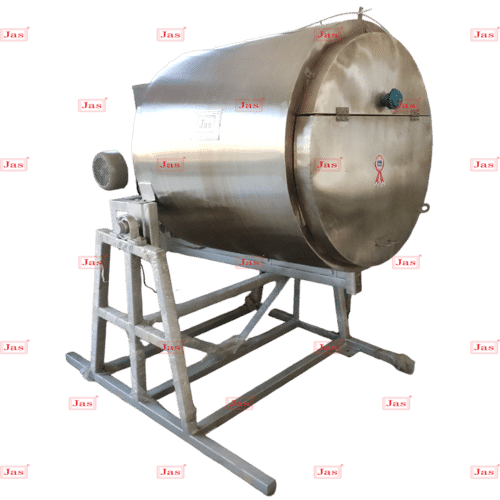
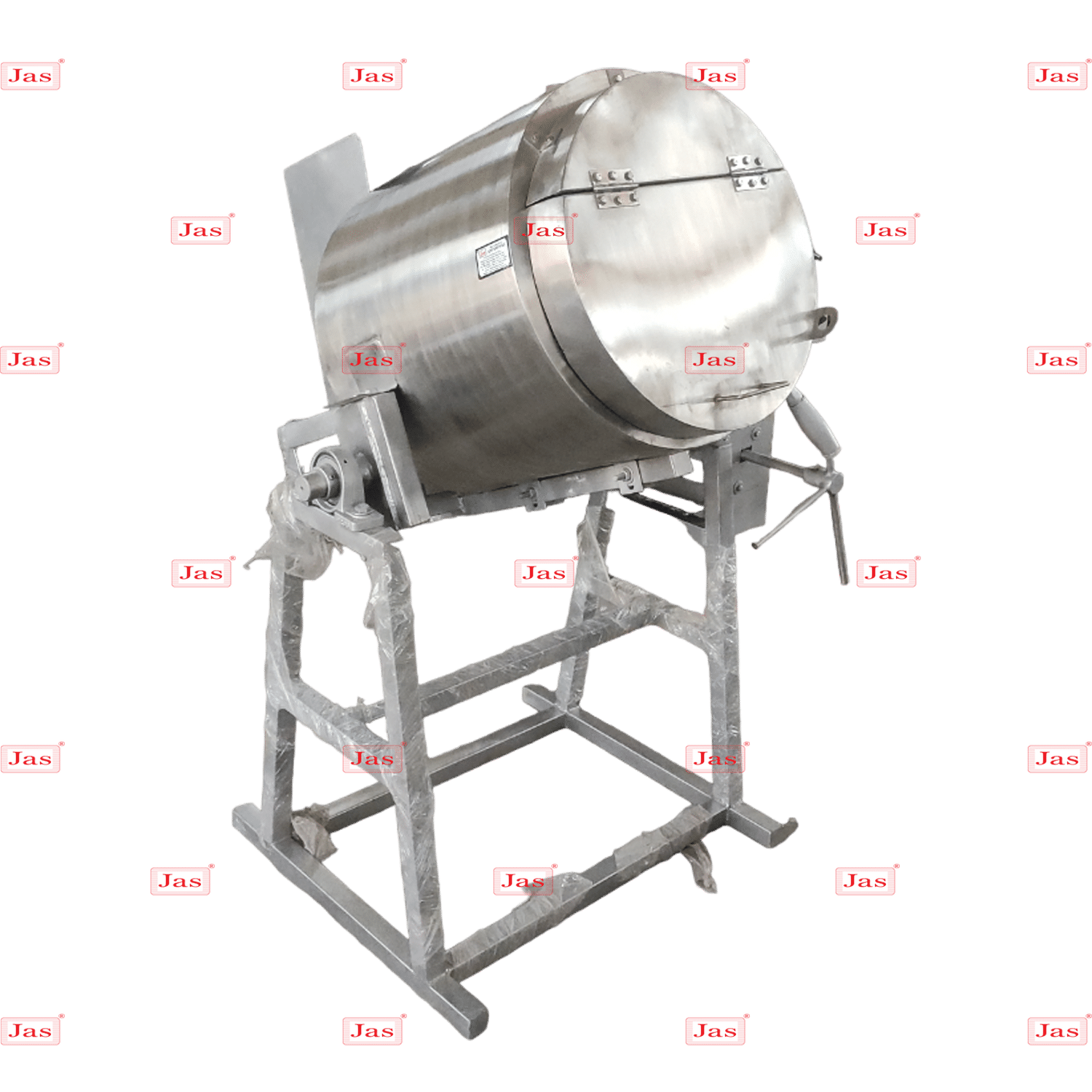

Price:
- 50
- 100
- 200
- 250
- 500
- 1000+
More Products in Food Processing Machinery Category
Disc Mill
Price 24000 INR / Unit
Minimum Order Quantity : 1 Unit
Automatic : Yes
Voltage : 110 to 440 Volt (v)
Computerized : No
Capacity : 2000 Kg/hr
Detergent Mixing Machine
Price 27000 INR / Unit
Minimum Order Quantity : 1 Unit
Automatic : Yes
Voltage : 110 to 440 Volt (v)
Computerized : No
Capacity : 25 1000 Liter/day
Orange Juice Making Machine
Price 6800 INR / Unit
Minimum Order Quantity : 1 Unit
Automatic : Yes
Voltage : 110 to 440 Volt (v)
Computerized : No
Industrial Mixers Agitators
Price 1350 INR / Unit
Minimum Order Quantity : 1 Unit
Automatic : Yes
Voltage : 110 to 440 Volt (v)
Computerized : No

 Send Inquiry
Send Inquiry
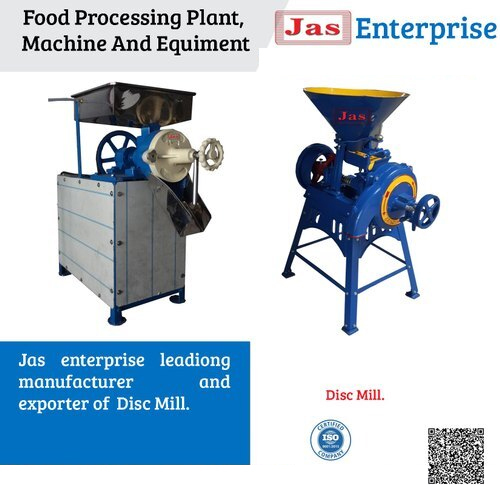
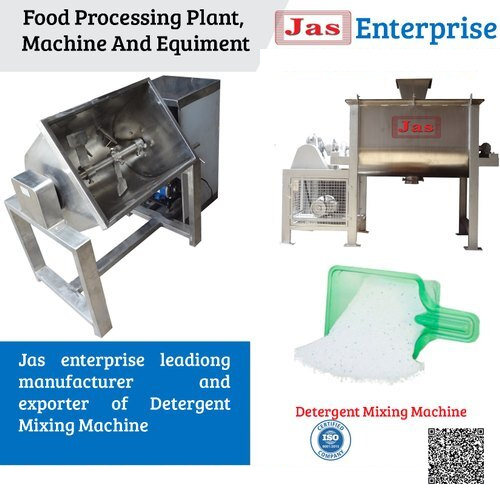
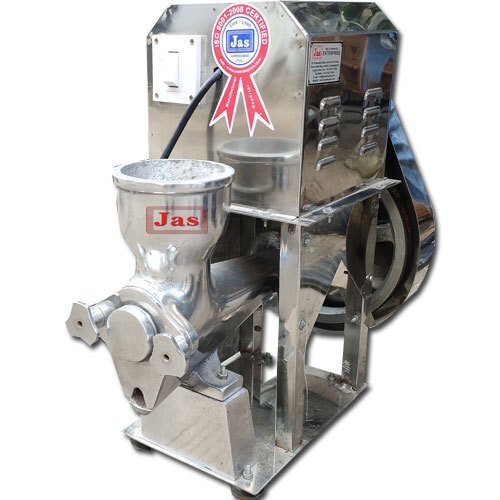
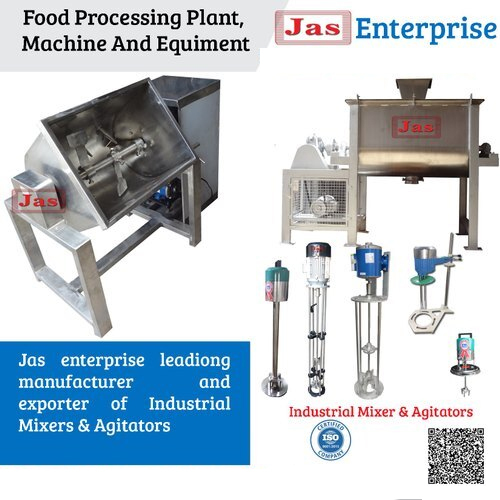


 Send Inquiry
Send Inquiry Send SMS
Send SMS